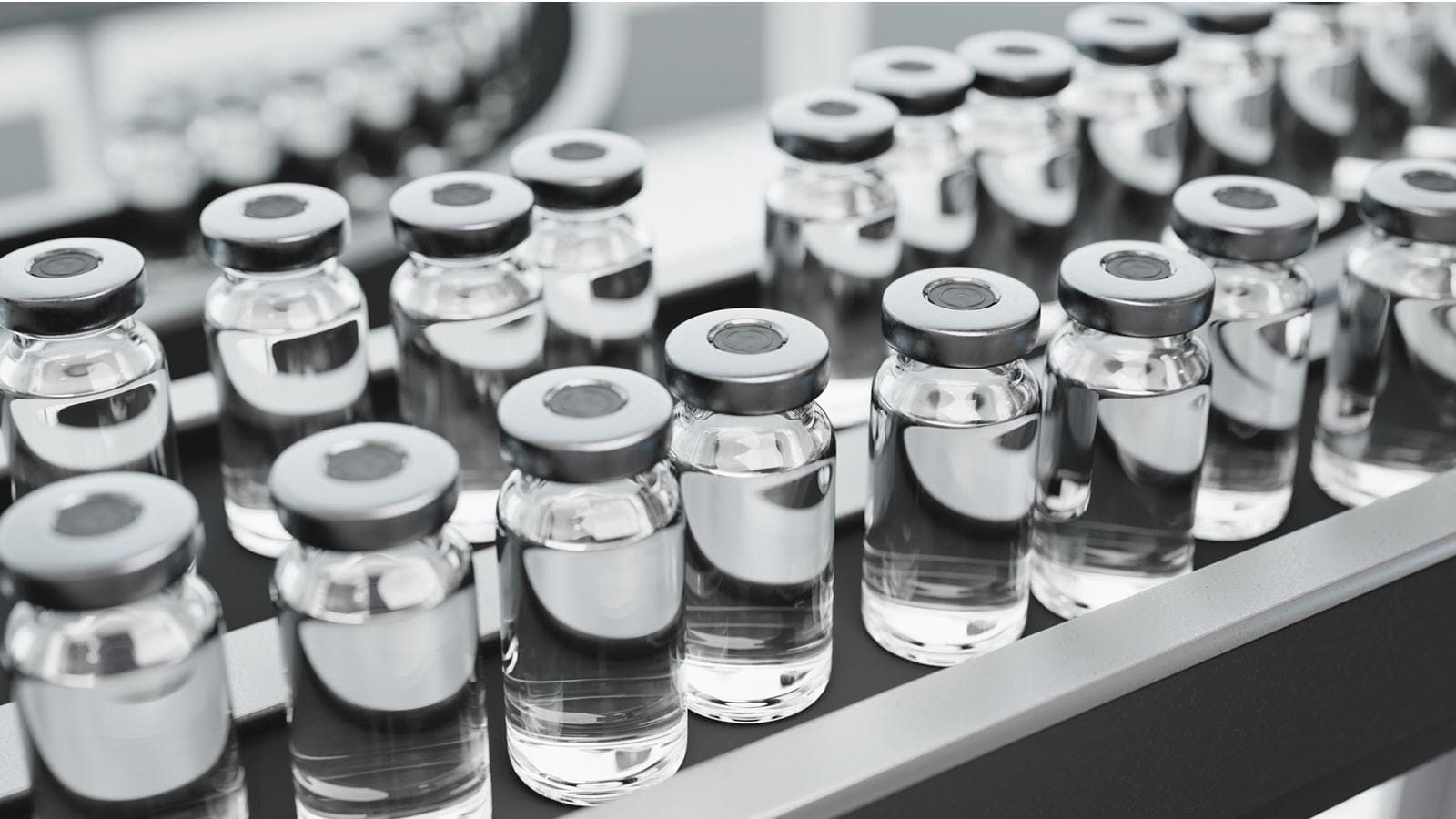Fill-Finish Manufacturing in Pharmaceuticals
A typical vaccine requires a syringe and, in the industry, that’s a step called fill-finish.
Fill means to fill the syringes. Finish includes labeling, packaging and quality inspection before the vaccines leave the manufacturer.
Last week, CSL Seqirus made an announcement about a U.S. government award in response to avian influenza. CSL Seqirus, a business of CSL, was selected to complete the fill and finish process of pre-pandemic vaccine for the U.S. government as part of the National Pre-Pandemic Influenza Vaccine Stockpile (NPIVS) program.
During the COVID-19 pandemic, U.S. manufacturers had to overcome “fill-finish bottlenecks.” The United Kingdom noted the same issue. The U.K. Department of Health and Social Care cited the final stage of filling, inspecting and packing syringes as a common cause of delays throughout the biopharmaceutical industry. The process takes time and biopharmaceutical manufacturers who don’t have their own fill-finish operation – or not enough capacity – must turn to third-party fill-finish sites and wait for an open slot.
How CSL Is Improving the Fill-Finish Process
Producers of the annual influenza vaccine know this challenge well. To address it, leading flu vaccine manufacturer CSL Seqirus added its own fill-finish facility in Merseyside, England, near Liverpool. CSL Seqirus can fill and inspect 600 syringes per minute there. Increased speed and volume in vaccine and pharmaceutical manufacturing strengthens the company’s ability to respond to seasonal influenza and to potential influenza pandemics in the United Kingdom, Australia and the United States.
“Bringing the fill-and-finish capability in house means we can reduce our reliance on contract manufacturing and simplify our supply chain, allowing us to work faster to provide vaccines to the U.K. and other governments who need them,” said Nigel Hilton, Vice President of Manufacturing and Site Head at Liverpool. “The nearly £50 million investment in the site also benefits the local Liverpool economy with the introduction of more than 120 high-value local jobs at the site, with even more jobs opening up as we continue to grow.”



